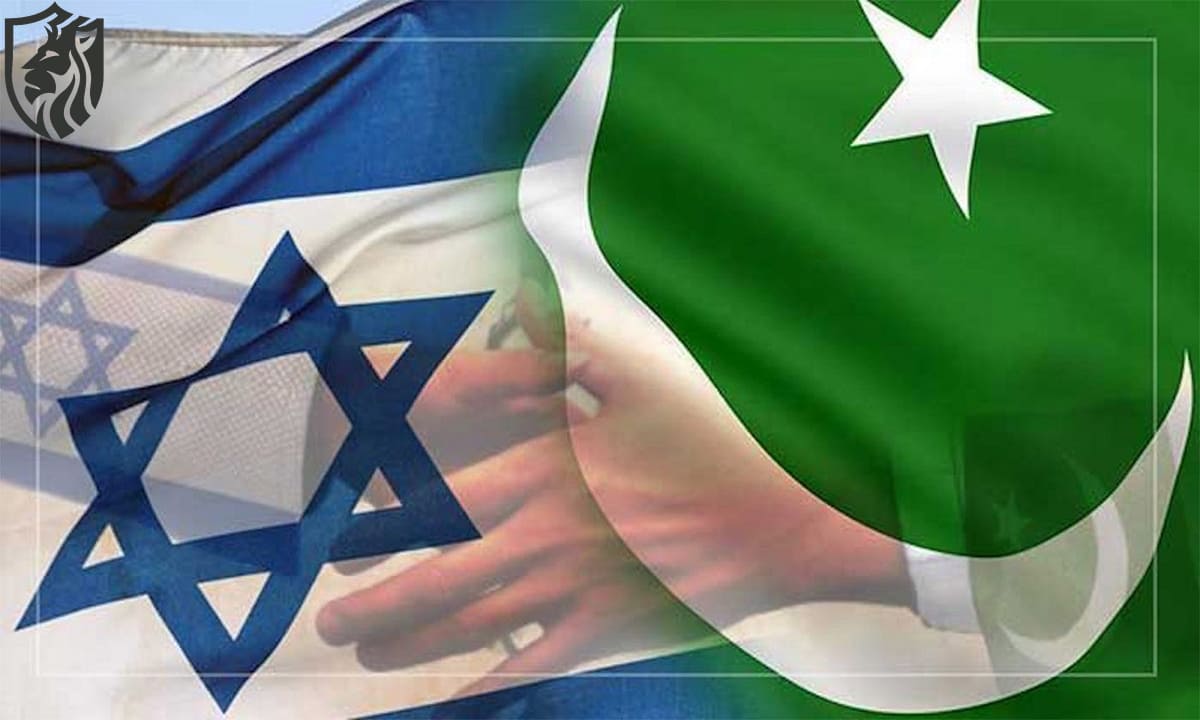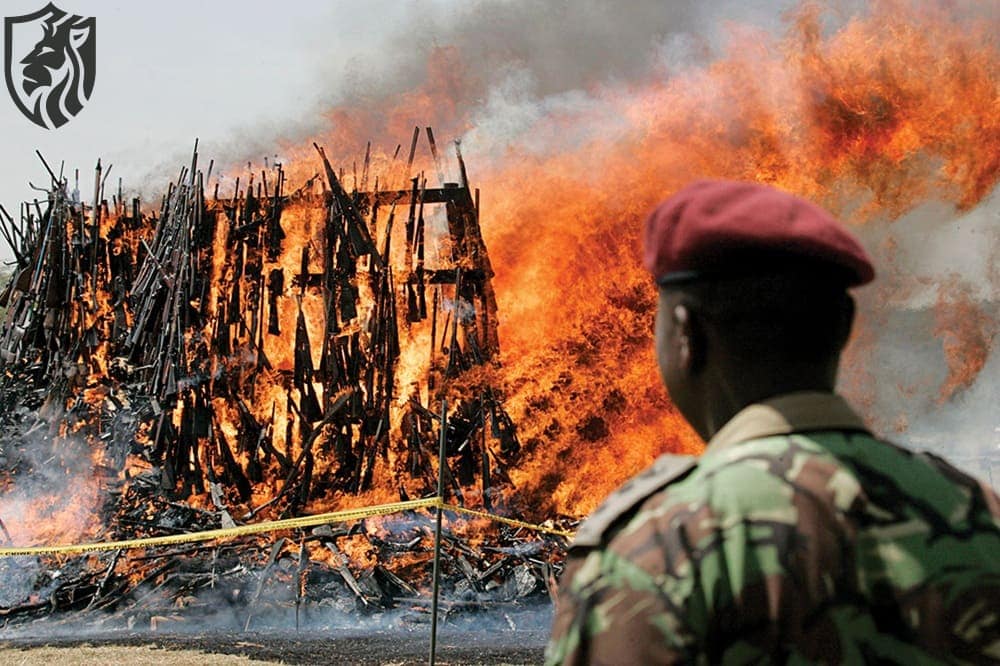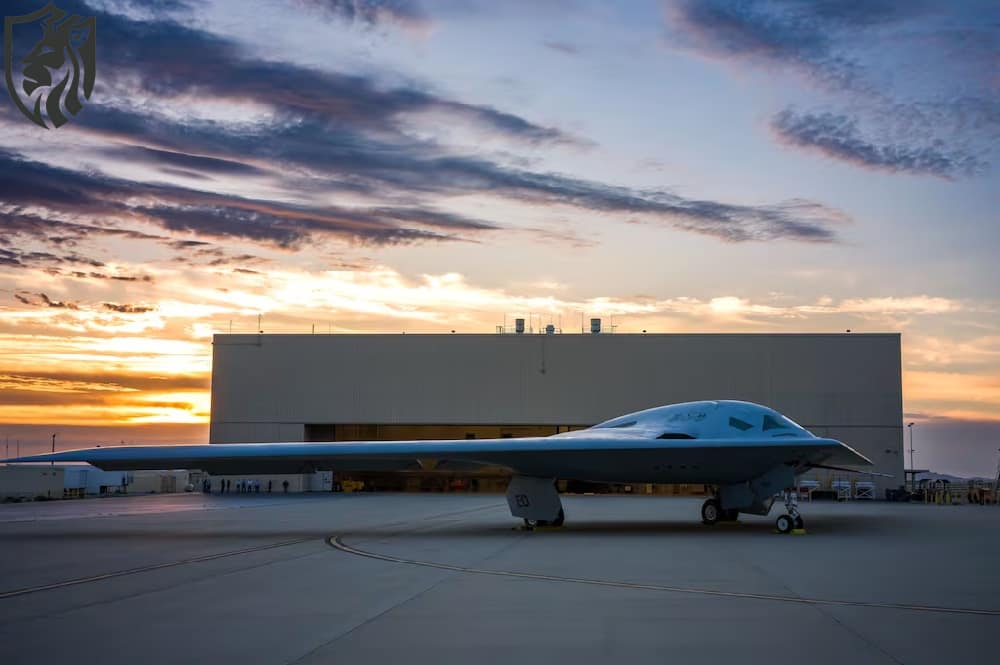
Pakistan Israel Relations
David Ben-Gurion, Israel’s first prime minister, made several critical observations about Pakistan during a visit to France after the Arab-Israeli War of 1948. While his concerns primarily revolved around Israel’s immediate Arab neighbors, he increasingly viewed Pakistan as a serious and long-term threat.
In this article, we explore what David Ben-Gurion said about Pakistan in France after the Arab-Israeli war and why Pakistan’s involvement in the Arab-Israeli wars made it an arch-nemesis of Israel.

Original Speech Syntax of David Ben-Gurion
“The world Zionist movement should not be neglectful of the dangers Pakistan poses to it. And Pakistan now should be its first target, for this ideological state is a threat to our existence. The entire country of Pakistan hates the Jews and loves the Arabs. This lover of the Arabs is more dangerous to us than the Arabs themselves.
For that matter, it is most essential for world Zionism that it should now take immediate steps against Pakistan. Whereas the inhabitants of the Indian peninsula are Hindus whose hearts have been full of hatred towards Muslims, therefore, India is the most important base for us to work from against Pakistan.
We must exploit this base to strike and defeat Pakistanis, who are enemies of Jews and Zionism, using all available covert and secret strategies. David Ben-Gurion, the first Israeli prime minister, made this statement during a Knesset speech in December 1949.
Pakistan’s Military Involvement in the Arab-Israeli Wars
Although Pakistan is geographically distant from Israel, its military played a crucial role in the Arab-Israeli conflicts, particularly the wars of 1967 and 1973. The Pakistani military, particularly the Pakistan Air Force (PAF), sent pilots and ground forces to support Arab nations. PAF pilots, renowned for their professionalism, engaged Israeli fighter jets and scored several successes during these wars, enhancing Pakistan’s standing in the Arab world.
This direct involvement turned Pakistan into a formidable adversary for Israel. Ben-Gurion’s concerns in France were not unfounded. What David Ben-Gurion said about Pakistan in France after the Arab-Israeli war highlighted Israel’s concern over Pakistan’s increasing involvement in the region. Israel felt threatened, especially considering Pakistan’s military effectiveness in supporting the Arab cause.
Pakistan: A Bigger Threat Than Iran and the Arab States?
While Israel has always been wary of its Arab neighbors and Iran, Ben-Gurion sees Pakistan as an even greater threat. Pakistan’s military achievements in the Arab-Israeli wars made it clear that it was a formidable opponent. What David Ben-Gurion said about Pakistan in France after the Arab-Israeli war reflected his belief that Pakistan posed a unique danger to Israel, more so than Iran or any of the combined Arab states.
Unlike other nations, Pakistan had a history of military professionalism, and its ability to stand its own against Israel during the wars left a lasting impression. Ben-Gurion acknowledged that Pakistan’s support for the Palestinian cause, combined with its growing military prowess, could present a significant challenge for Israel in the long term.

Pakistan’s Role in Holding Back India: A Strategic Concern
One reason Israel saw Pakistan as a bigger threat was its ability to hold back a much larger adversary, India. For over 70 years, Pakistan has maintained military parity with India, a nation seven times its size. This shows Pakistan’s military professionalism and strategic skill, a point Ben-Gurion emphasized after the Arab-Israeli war.
Israel expressed concern about the potential misuse of this capability in the Middle East. Pakistan’s military is battle-hardened from multiple wars with India while keeping a strong defensive posture. Ben-Gurion recognized the issue as a serious concern for Israel’s security.
Pakistan’s Indigenous Weapons and Military Professionalism
Another key point in what David Ben-Gurion said about Pakistan in France after the Arab-Israeli war was his observation of Pakistan’s indigenous weapons development. Pakistan has made major improvements to producing its own weapons systems, ranging from fighter jets like the JF-17 Thunder to nuclear capabilities. This indigenous production capability sets Pakistan apart from other Islamic nations that rely heavily on foreign arms.
For Israel, the news was deeply concerning. While Arab states had large armies, their reliance on foreign technology and weapons limited their overall military effectiveness. Pakistan, however, combined military professionalism with homegrown weapons manufacturing, making it a far more dangerous adversary. Ben-Gurion noted that Pakistan’s growing defense capabilities presented an important challenge, not only to Israel’s security but also to its strategic alliances in the region.

Why Israel Views Pakistan as a Long-Term Threat
Ben-Gurion’s statements in France highlighted several reasons why Israel viewed Pakistan as a long-term threat. First, Pakistan’s pro-Arab and pro-Palestinian stance was unshakeable. Unlike some Arab nations that have engaged in diplomacy with Israel over the years, Pakistan remained a staunch opponent of Israel’s existence, refusing to recognize the Jewish state.
Second, Pakistan’s military capability, bolstered by its involvement in the Arab-Israeli wars, sent a clear message to Israel. Ben-Gurion understood that Israel could not afford to ignore Pakistan’s growing influence in the region. This is why What David Ben-Gurion said about Pakistan in France after the Arab-Israeli war was not just a casual remark but a reflection of Israel’s strategic concerns over Pakistan’s long-term intentions.
Lastly, Pakistan’s role in counterbalancing India further demonstrated its strategic prowess. Pakistan’s ability to maintain parity with a much larger India was alarming for Israel, a nation that thrives on military superiority. Ben-Gurion recognized that Pakistan’s strategic thinking and military professionalism posed a more significant challenge for Israel than any other nation.

Conclusion: Pakistan’s Role in Israel’s Strategic Calculations
In conclusion, Ben-Gurion’s remarks on Pakistan in France after the Arab-Israeli war were remarkably prescient. He saw Pakistan as a supporter of the Palestinian cause and a potential military rival to Israel’s superiority. Pakistan’s role in Arab-Israeli wars, its ability to contain India, and its weapons development made it formidable.
Over 70 years, Ben-Gurion’s concerns have proved accurate. Pakistan remains a vocal critic of Israel on the global stage. Israel’s defense planners still worry about its military capabilities. As geopolitics shift, Ben-Gurion’s words remain a reminder of Israel’s strategic challenges.
References
- BBC News – Profile: David Ben-Gurion
https://www.bbc.com/news/world-middle-east-11094702 - The Jerusalem Post—Israel’s first Prime Minister and his strategic outlook
https://www.jpost.com/jerusalem-report/article-699098 - Dawn—Pakistan’s role in Arab-Israeli wars
https://www.dawn.com/news/1042722 - Al Jazeera – How Pakistan supported Arab nations in conflicts with Israel
https://www.aljazeera.com/news/2017/6/5/the-pakistani-pilots-who-fought-in-arab-israeli-wars - Middle East Monitor – Pakistan’s pro-Palestinian stance and refusal to recognise Israel
https://www.middleeastmonitor.com/20201214-pakistan-will-never-recognise-israel-says-imran-khan/ - The Hindu—Pakistan’s defence capabilities and indigenous weapons development
https://www.thehindu.com/news/international/pakistans-jf17-thunder-and-defence-industry/article32563738.ece - RAND Corporation – Pakistan’s military professionalism and strategic posture
https://www.rand.org/pubs/research_reports/RR2581.html - Haaretz—Israel’s military doctrine and regional threat perceptions
https://www.haaretz.com/israel-news/security-aviation/








